Chapter 11 - Attention (unfinished)
1/41
Earn XP
Description and Tags
Brain and Cognition
Name | Mastery | Learn | Test | Matching | Spaced |
|---|
No study sessions yet.
42 Terms
Attention
The mental process of concentrating effort on a stimulus or a mental event.
Executive attention
Involves being able to block out distractions and focus on a specific task.
Input attention
Getting sensory information into the cognitive system.
Why we need arousal to get sensory information into the cognitive system (input attention)?
The nervous system must be aroused to be able to interact with the environment.
Why we need alertness to get sensory information into the cognitive system (input attention)?
We need to be able to monitor the environment for relevant events.
Vigilance / sustained attention
Maintenance of attention for infrequent events over long periods of time.
Explicit processing
Involve conscious awareness that a task is being performed, and usually conscious awareness of the outcome.
Implicit processing
Processing with no necessary involvement of conscious awareness.
Word-stem completion
Orienting reflex
The reflexive redirection of attention toward the unexpected stimulus.
Attention capture
Spontaneous redirection of attention to stimuli in the world based on physical characteristics.
Habituation
A gradual reduction of the orienting response back to the baseline. (For example, getting used to a bad smell, becoming less sensitive to it)
Spotlight attention
Mental attention-focusing mechanism that prepares you to encode stimulus information, without having to move the head or eyes
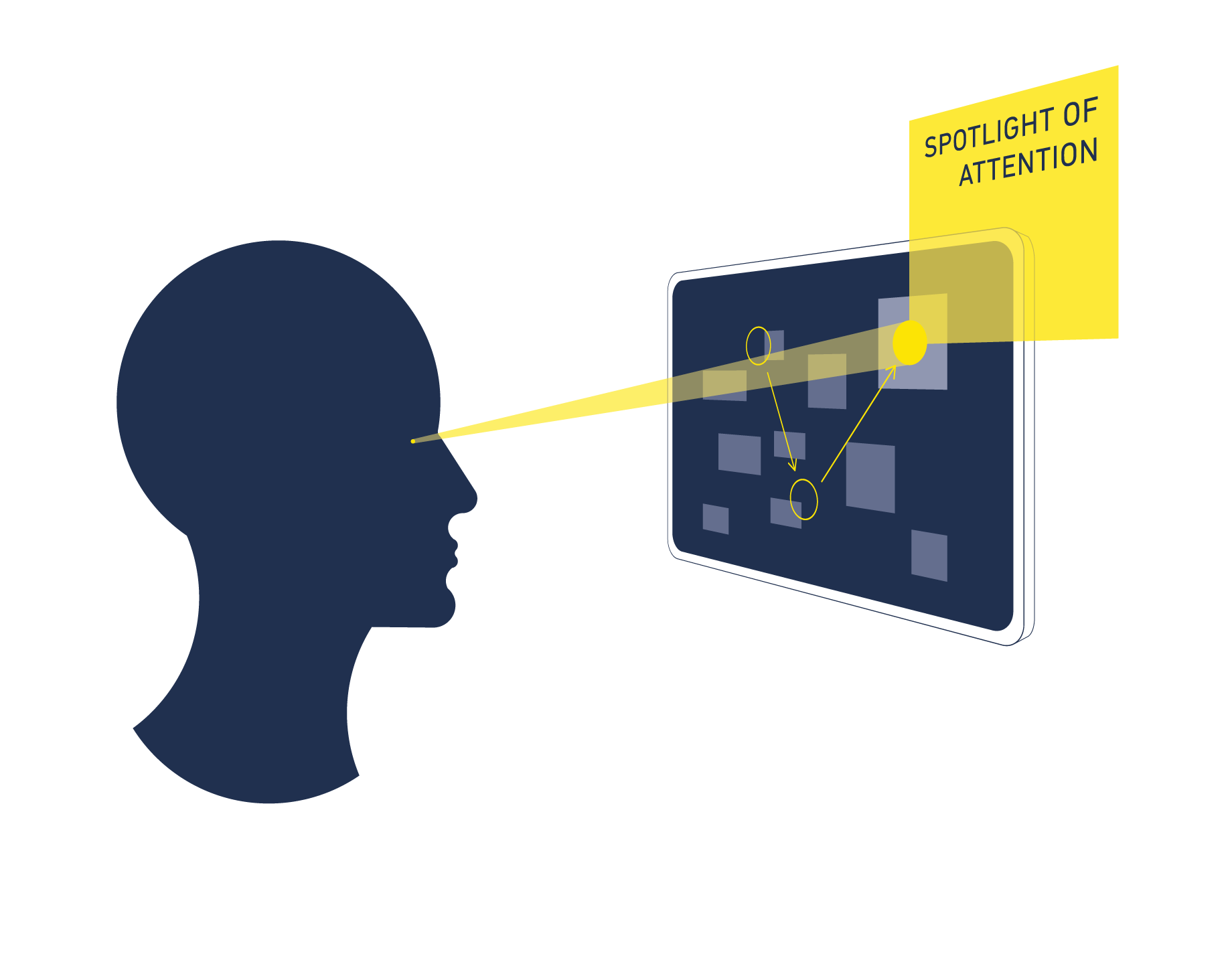
Benefit / facilitation
A faster-than-baseline response resulting from useful advance information.
Cost
A response slower than baseline because of having a misleading cue.
Visual research
Research relying on artistic media to produce and represent knowledge. (For example, where is Waldo)
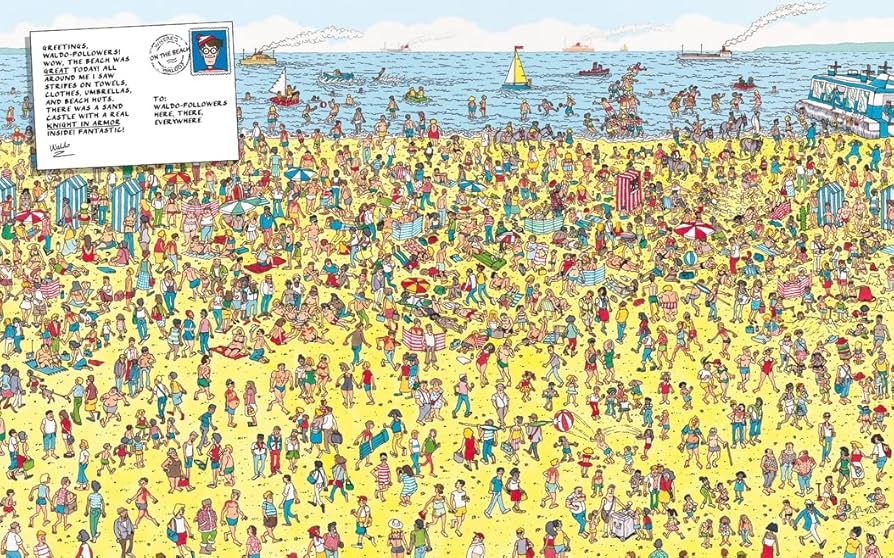
Feature research
Type of visual research. Is a specific feature present or not?
Conjunction search
Type of visual research. Is a combination of features present or not?
Pop-out effect
Objects ‘popping out’ of the homogenous display
Inhibition of return
Recently checked locations are mentally marked by attention as places that the search would not return to.
Controlled attention
A deliberate, voluntary allocation of effort or concentration.
Hemineglect
Disruption or decreased ability to attend to something in the (often) left field of vision.
Extinction
Selective attention
The ability to attend to one source of information while ignoring other ongoing stimuli around us.
Focused attention
Divided attention
Sharing our attentional capacity across more than one source of information while ignoring other ongoing stimuli.
Inattentional blindness
Filtering / selecting
The mental process of eliminating distractions.
Dual task procedure
Two tasks are presented such that one task captures attention as completely as possible. Because attentional resources are consumed by the primary task, there are few if any resources left over for attention to the other tasks.
Shadowing task
To repeat the message out loud as soon as it was heard.
Donald Broadbent
Psychologist that proposed the early selection theory of attention.
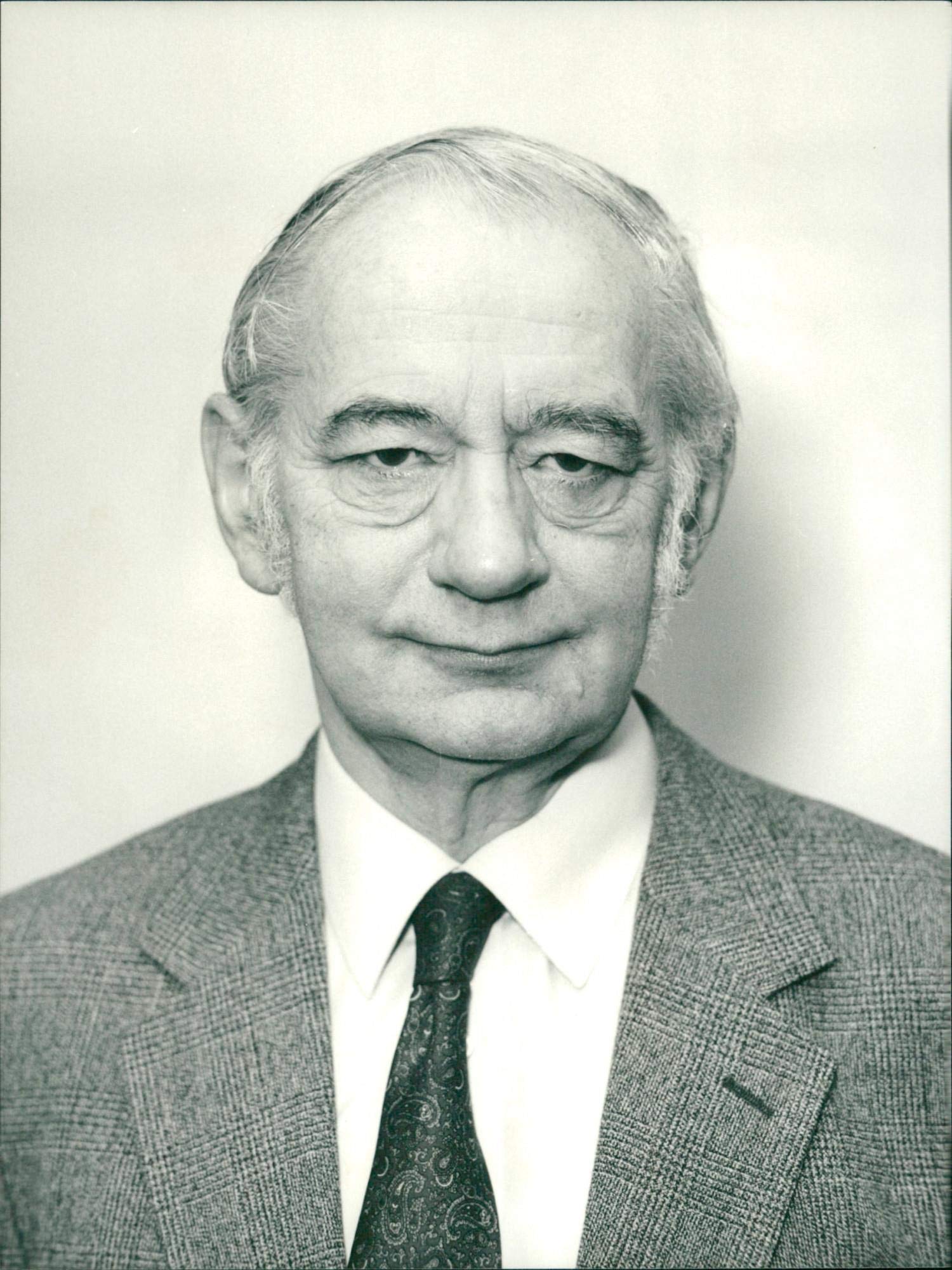
Early selection theory
Attention affects an early processing level, based on physical features like color, form, pitch, etc. (Broadbent)
Late selection theory
Attention affects a late processing level, after a preattentive stage on the basis of meaning (a semantic level, Treisman)
Anne Treisman
British cognitive psychologist. Proposed that shadowing may switch on the basis of content.
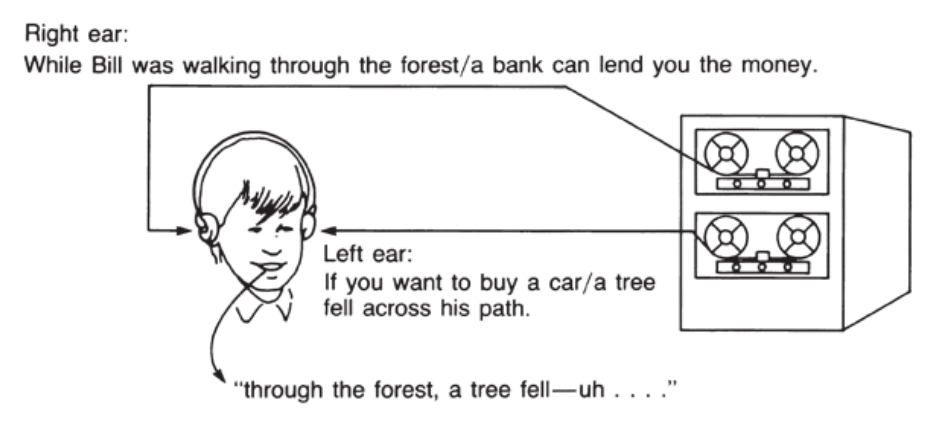
Inhibition
Actively suppressing mental representations of salient but irrelevant information so that the information’s activation level is reduced, perhaps below the baseline level.
Negative priming
Responses to a target that was distractor on a previous trial are delayed as compared to control trials.
Psychological refractory period / attentional blink
A brief slow down in processing due to having processed another very recent event.
Automaticity
With little or no necessary conscious involvement.
Stroop effect
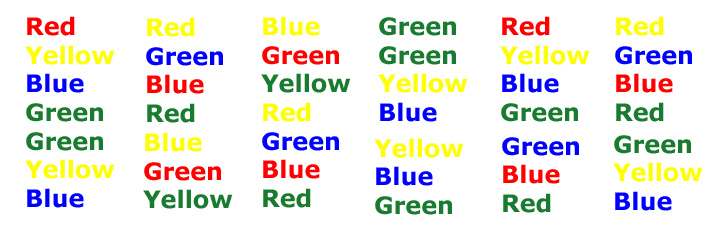
Priming conscious processing
Action slips
Unintended, often automatic actions that are inappropriate for the current situation. (For example, pressing a button to open a door that is already opened).
Mind wandering
Implies a loss of attentional control. (Thoughts wandering off during a lecture)